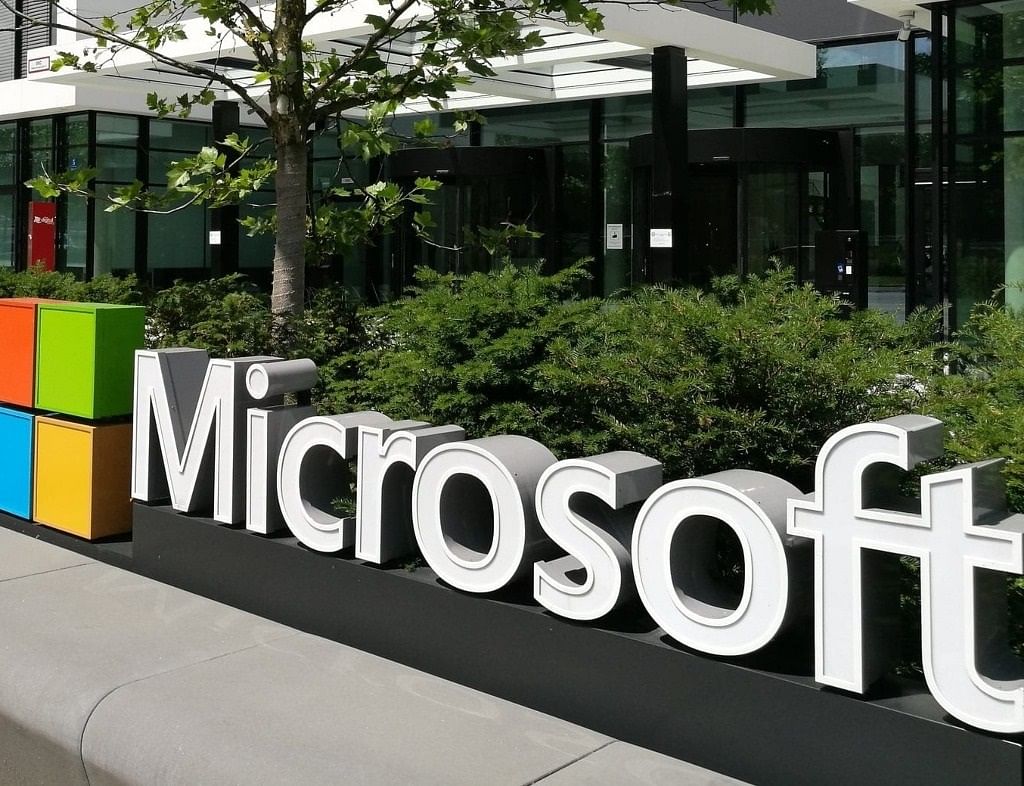
The global tech firm Microsoft’s research wing has launched an ambitious project called Microsoft Farmvibes.ai, in association with the Artificial Technology and Climate Change, Oxford University, Atal incubation center, the Agricultural Development Trust, and a team led by course director Ajit Jaokar in Baramati on Monday.
The center of excellence, being developed in Maharashtra, will focus on sustainable and low-cost agricultural practices with the help of precise scientific techniques and data-driven production.
Microsoft Research aspires to develop, evolve, and utilize emerging agricultural technologies via FarmVibes, as it recently opened its resources and technical tools to help data scientists, researchers, farm workers, small-scale producers, and even students. FarmVibes has been launched with the goal to boost the farming sector and most importantly, cut costs.
The project also plans to deliver larger goals through the project that includes addressing climate change issues and global food security challenges with the help of advanced technology.
Sensors will be installed on the 214 acres of agricultural land to collect various sets of required data on the pilot project till January, and a demonstration will be projected to Microsoft after that.
If the pilot phase goes successful, the Trust will urge the Central government to implement the project at various stations under the Indian Council of Agriculture Research. The tech giant has been focusing on advanced agri-tech tools for quite some time now and had recently made headlines as it opened its tools for the commoners to benefit from it.
Microsoft's recently launched project will be an asset for the farmers as it would collect a useful chunk of data from the sensor placed in the farms, drones in the sky as well as the data gathered by the satellite.
The tool will help farmers with much analytical decision-making during every phase of farming. According to the experts, the project can be a game changer in addressing the issues related to climate change and food security by 2050.
















